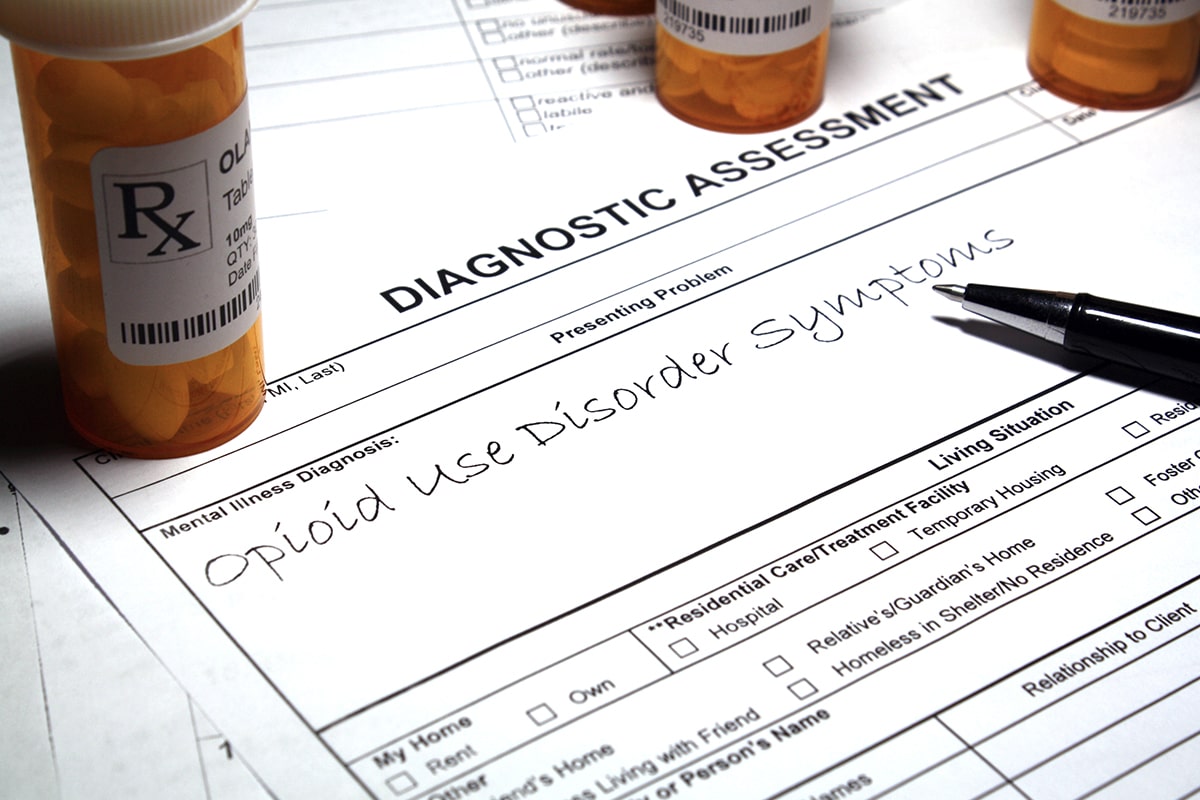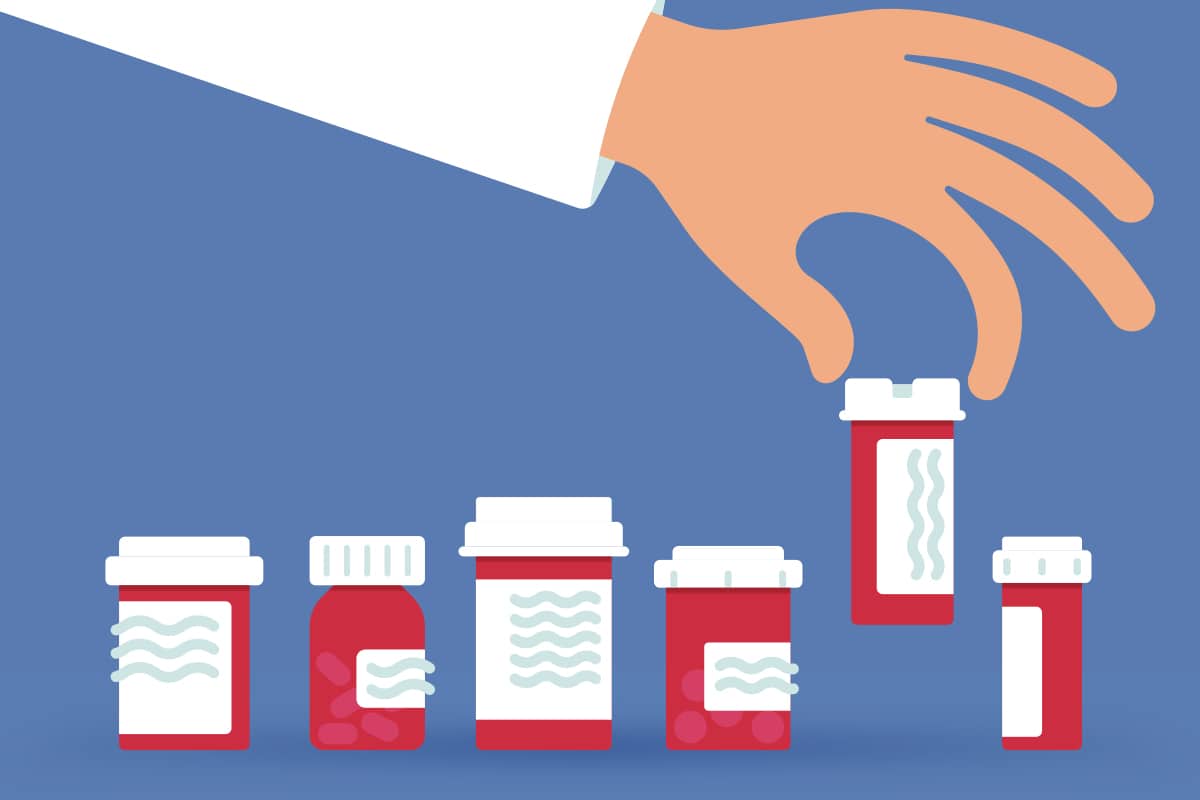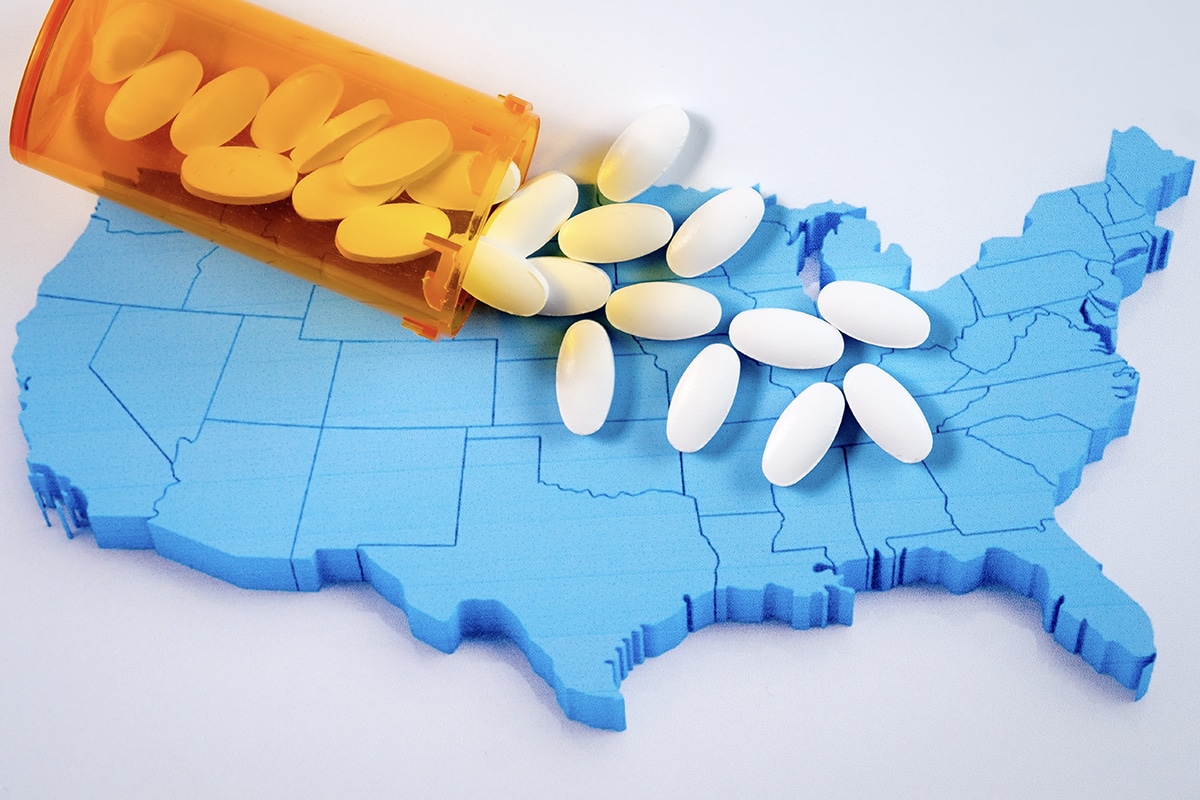Preventing Opioid Misuse
In 2012, more than 255 million prescriptions were written, which is enough to give every American adult his or her own bottle of opioids.

Preventing Opioid Misuse
In 2012, more than 255 million prescriptions were written, which is enough to give every American adult his or her own bottle of opioids. While there are many contributing factors, the United States health care system enables the overprescription of opioids. Fragmented care with a hyper-specialized network of providers, poor communication, variable prescription regulations between states, a lack of nationally accepted prescription guidelines, and the influence of large pharmaceutical companies are driving factors in prescription abuse.
Photo Credit: Moussa81/ISTOCK/GETTY IMAGES PLUS

In the Dental Setting
Many opioid prescriptions are not fully used by the patient, with one dental study finding that 54% of opioids went unused after oral surgery. This excess medication is a potential source for those who are seeking to experiment or abuse medications, or for accidental exposure. Oral health professionals play an important role as gatekeepers in the escalation of prescription opioid abuse and can help with substance abuse screening. Within dentistry, surgical, root canal, and implant procedures generate the highest rates of opioid prescriptions.
Photo Credit: sdominick/ISTOCK/GETTY IMAGES PLUS

Recognizing Drug-Seeking Behaviors
Oral health professionals should be suspicious of patients who avoid direct care as a means of requesting pain control. Private dental offices should partner with community health centers and other low- or no-cost dental providers. Through these partnerships, oral health professionals can directly refer patients without the ability to pay and avoid the need for a prescription to “hold them over.”
Photo Credit: Hailshadow/ISTOCK/GETTY IMAGES PLUS

Finding Alternatives
Oral health professionals should consider nonopioid therapies before opioids. For many patients, a prescription for nonsteroidal anti-inflammatory medication, combined with education on the benefits of scheduling, is one of the best strategies for managing pain. Recent research has shown that the combination of 400 mg of ibuprofen with 1,000 mg of acetaminophen provided more effective pain relief than any opioid-containing medication or medication combination included in the study. If an opioid must be prescribed, the oral health professional should limit the amount to what is needed for the duration of exceptional pain.
Photo Credit: filo/DigitalVision Vectors

Documentation and a Multidisciplinary Approach
In addition, oral health professionals are advised to consult the prescription drug monitoring programs (PDMP) available in their state to avoid overprescribing. Also, effective pain relief requires a multidisciplinary approach. Although access to a pharmacist to facilitate multidisciplinary discussion may not always be convenient, collaborating with a dental hygienist will almost always be convenient and is recommended. In one study, practitioners who collaborated with other health care professionals were five times less likely to prescribe opioids and instead develop other treatment options.
Photo Credit: Stuart Ritchie/ISTOCK/GETTY IMAGES PLUS

Safe Disposal
Oral health professionals should educate patients about the safe use and disposal of prescription medications, especially opioids. The dental hygienist is the key patient educator in any practice and often has the closer relationship with patients than the dentist. This skill set should be leveraged to help communicate messages pertaining to safe opioid storage, disposal, and utilization. Most patients do not know how to safely dispose of unused prescription drugs.

